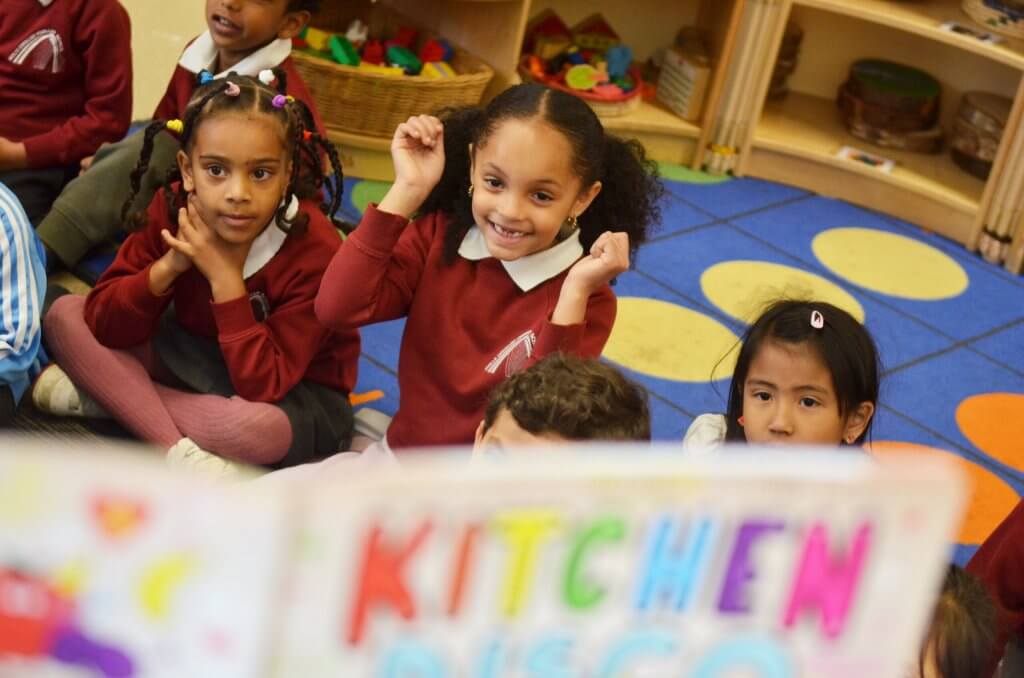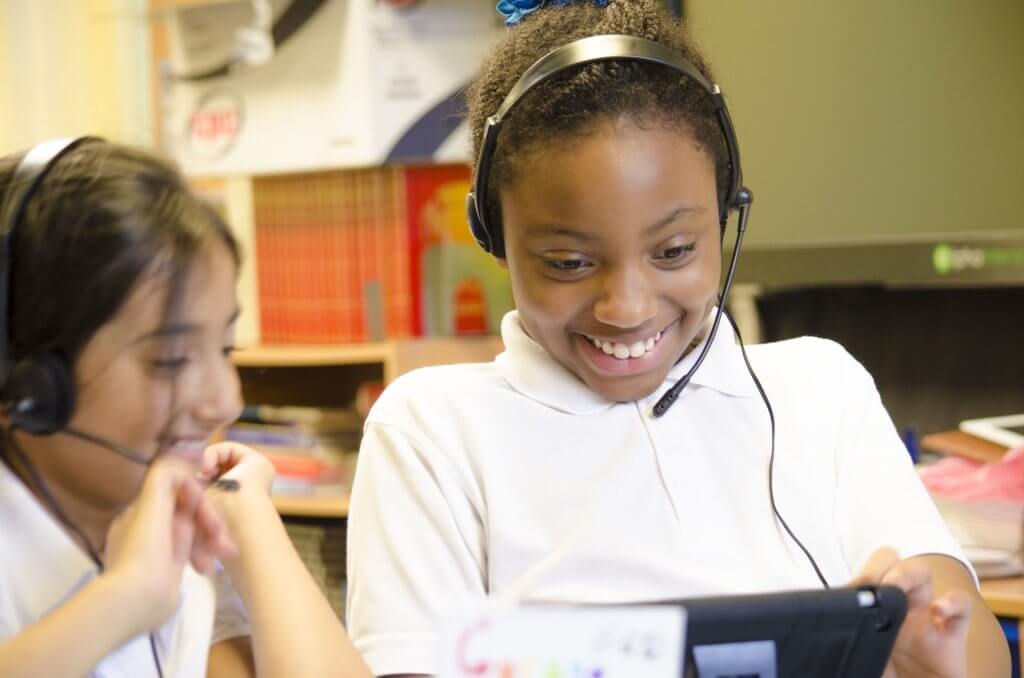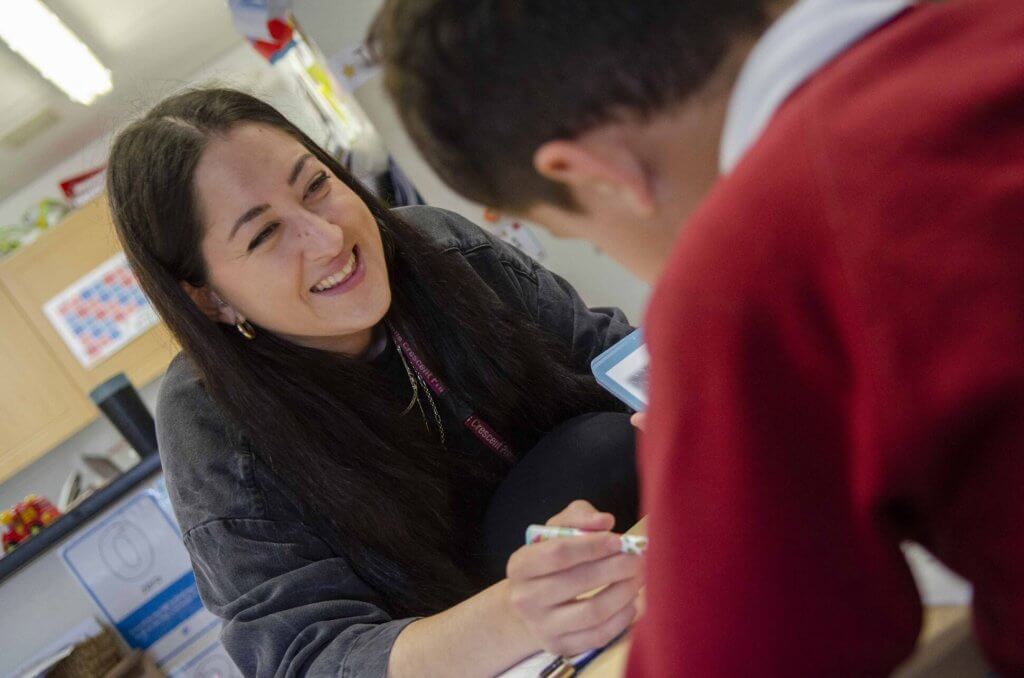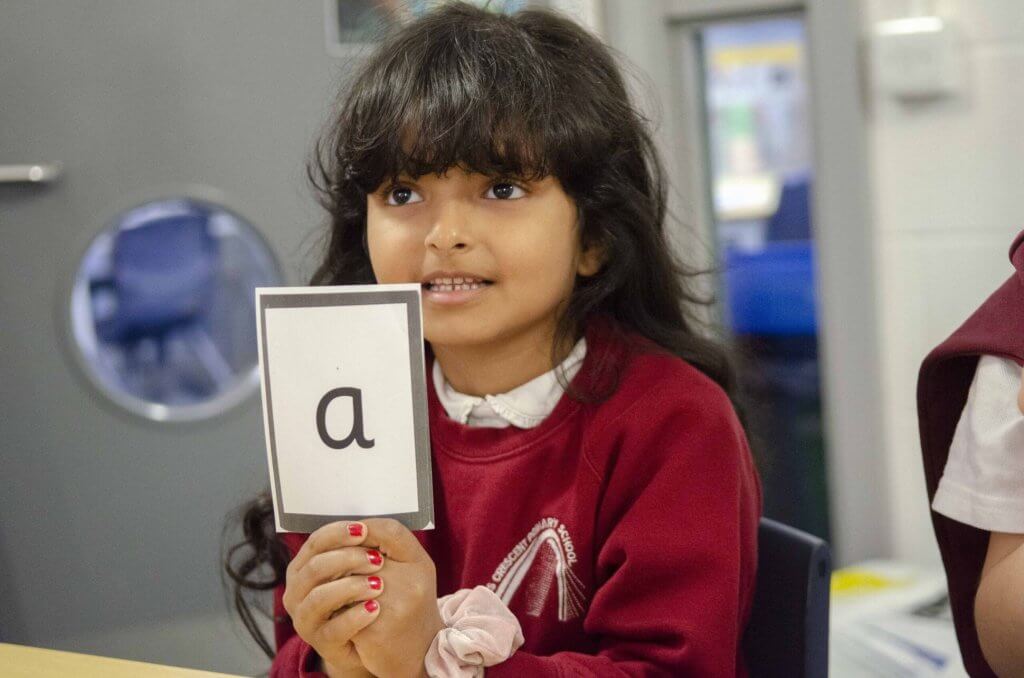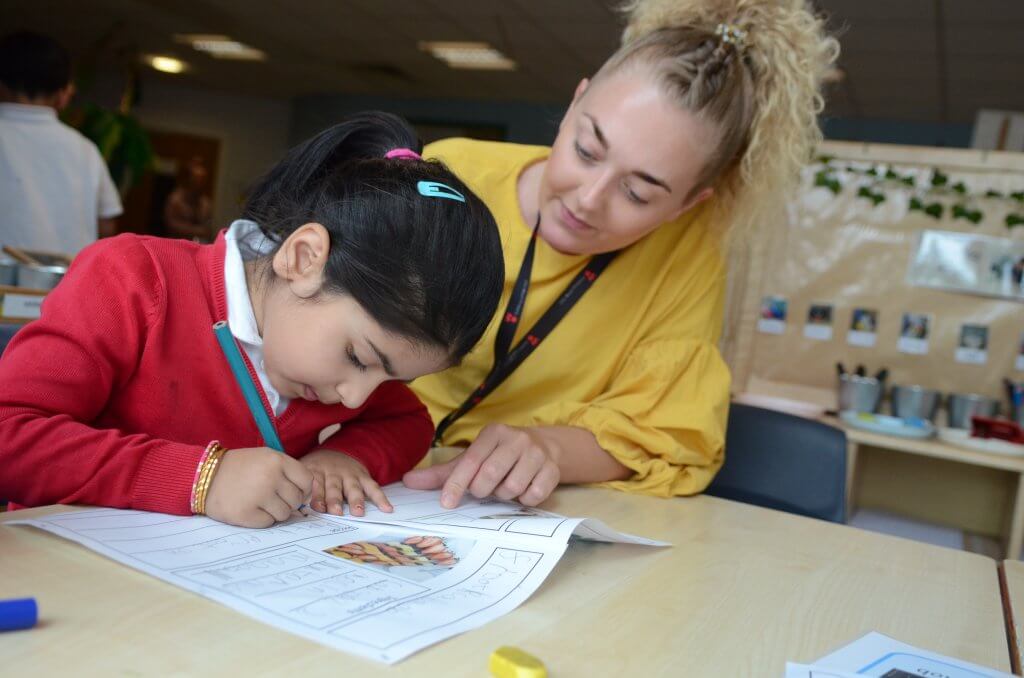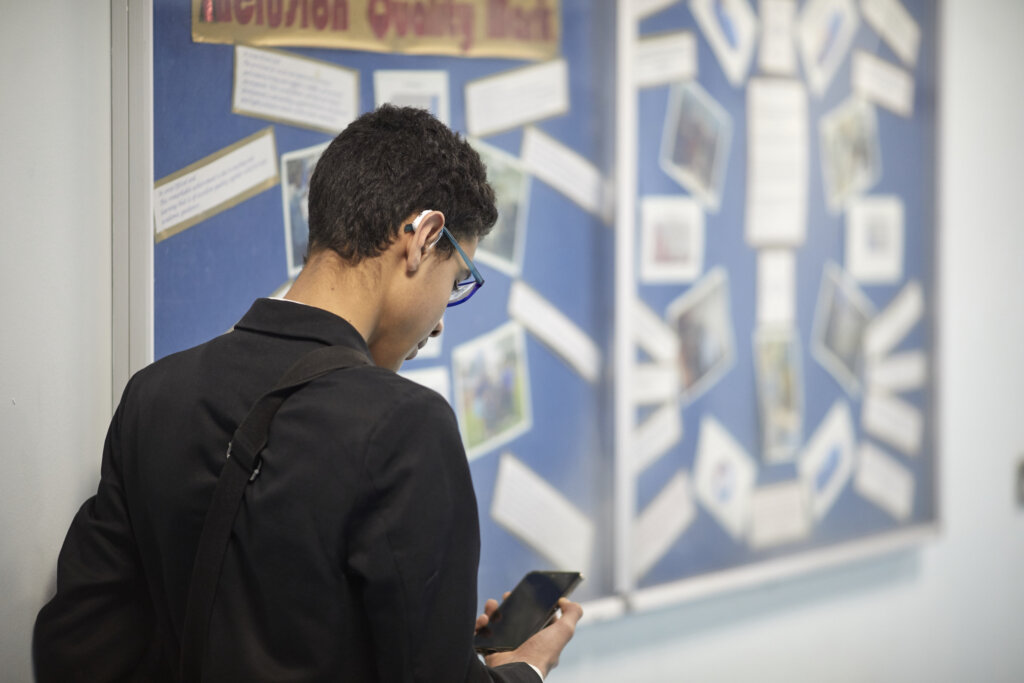Safer Internet Day 2020 is being celebrated globally on Tuesday 11th February. Schools, nurseries and colleges all over the UK will be thinking about how our children and young people can enjoy playing, learning and interacting safely on the internet.
There are a lot of resources available that cover internet safety and as practitioners, we are confident in educating our young people on how to stay safe online.
The majority of safeguarding concerns that are raised with regards to children’s online activity often stem from a lack of awareness from parents about what their child is accessing on the internet. Here are some top tips that education professionals can refer to when discussing internet safety with parents and the importance of understanding children’s online activity.
- Encourage them to be kind. Quite often children say offensive or hurtful things online which they would be less likely to say to a person’s face. Perhaps this is because the internet provides a ‘safety blanket’ of being able to hide behind a screen in the comfort of your own bedroom without dealing with physical repercussions or reactions, however it is important for children to know that their actions do have consequences and there are laws in the UK that protect victims of cyberbullying. Parents should encourage their children to be kind at all times and should make children aware of the impact that cyber bullying can have on a victim and the consequences that would be faced as a perpetrator.
- Encourage safe play. Many parents raise concerns about their children playing inappropriate games online and will quite often stop their children from accessing them. Where the child is under the age restriction outlined on the game, they should not be playing it due to the content, language and sometimes violence that the game contains. Unfortunately some parents are not fully aware of the age restrictions that are outlined and often have little idea of the violent or explicit content of the games. In some cases, children are of the age outlined but the content of games can still be seen as inappropriate and can often impact on the behaviour of the child. Have open conversations with your children about why they like playing certain games and allow your child to play it in a space that is visible to you0. Perhaps join in and use the game as an opportunity to engage in what your child likes to do but remind them that it is a game and that their virtual activity does not need to impact their day to day behaviour. If you are unhappy with the content or language used, address this with your child and encourage them to understand why you are concerned.
- Encourage them to be responsible. Another concern that parents raise frequently is the amount of time their child spends online or on digital devices. It can be beneficial to set out rules or guidelines to children from the beginning about the amount of time they can spend online – give them an option as to when they use this time so that they are taking ownership of their online activity. Restricting their data usage will also support them in making decisions on when to be active online. Encourage children to be responsible about who they interact with and ensure that they are not adding people as friends on social media who they do not know. Quite often children will accept strangers as friends despite knowing and understanding that they wouldn’t speak to strangers whilst out in public. Allow children to understand why this can be worrying and speak to them in an age-appropriate way about the dangers of online abuse.
- Encourage them to be open. Open conversations are critical to parents having insight to their child’s online activity and it is important that if anything concerning arises, the child is supported rather than criticised. By asking your child to show you their social media profile, you can support them in choosing appropriate photographs of themselves and their friends and you can ensure privacy settings are in place. Frequent, open conversations will hopefully encourage your child to speak to you if they have concerns rather than feeling like they will get in trouble and may therefore keep it to themselves. For many children, knowing that their parents are willing to have discussions may also encourage them to disclose things that have made them feel uncomfortable about their friends’ online activity and may in turn impact on the online safety of their peers. Praise your child for being open and honest with you and for following advice on raising concerns with parents or somebody they trust.
- Take Control. Many parents will have all of the above things in place and will do everything they can to protect their children from online abuse. However there are still certain things that are out of our control, such as inappropriate images or videos being accessible to children online. Parents should ensure that their parental controls are in place so that as much as possible, children are protected from being exposed to inappropriate material or online abuse. These settings apply to individual games, social media profiles, search engines, devices and network providers. Internet Matters have instructions on how to put all of these settings in place for anybody who isn’t sure how to.
Schools are an accessible environment for parents to discuss their child’s online activity and to be kept up to date with the latest games and social media sites that are attractive to children but may also carry risks.
Inviting parents to workshops or sending newsletters with up to date information on is a great way to keep parents informed and will allow them to see that members of staff in school are available should they have any concerns about their child’s use of the internet.
As always, staff should be vigilant with regards to the safety of pupils online and should follow their setting’s safeguarding procedures if any concerns arise.
Use Safer Internet Day to celebrate all that you do in teaching your pupils to keep safe when using the internet – we look forward to hearing all about it!

